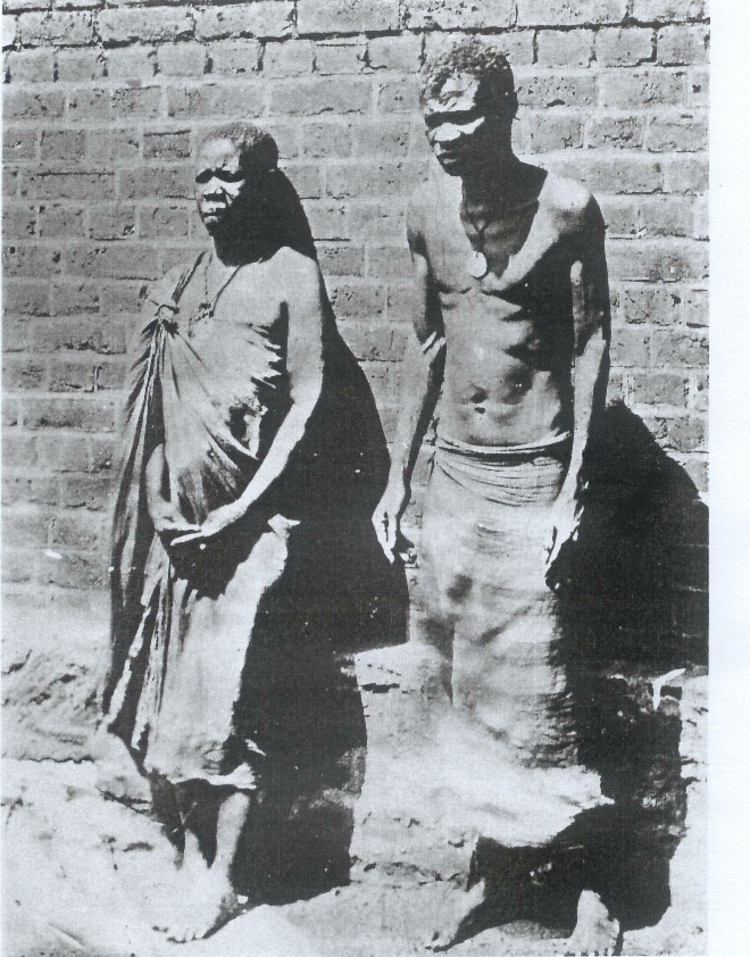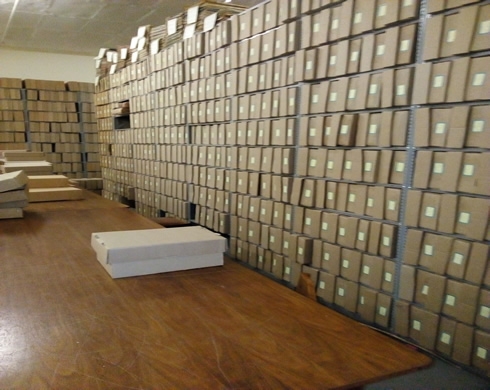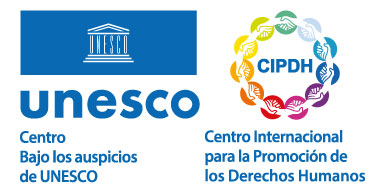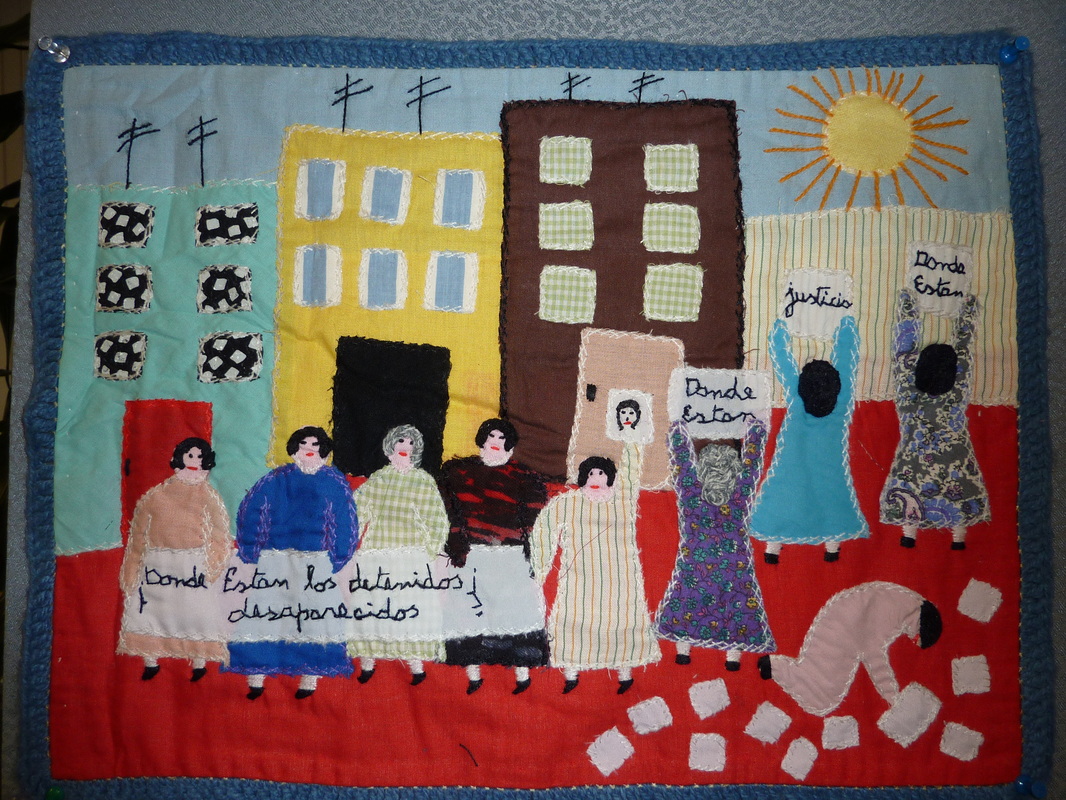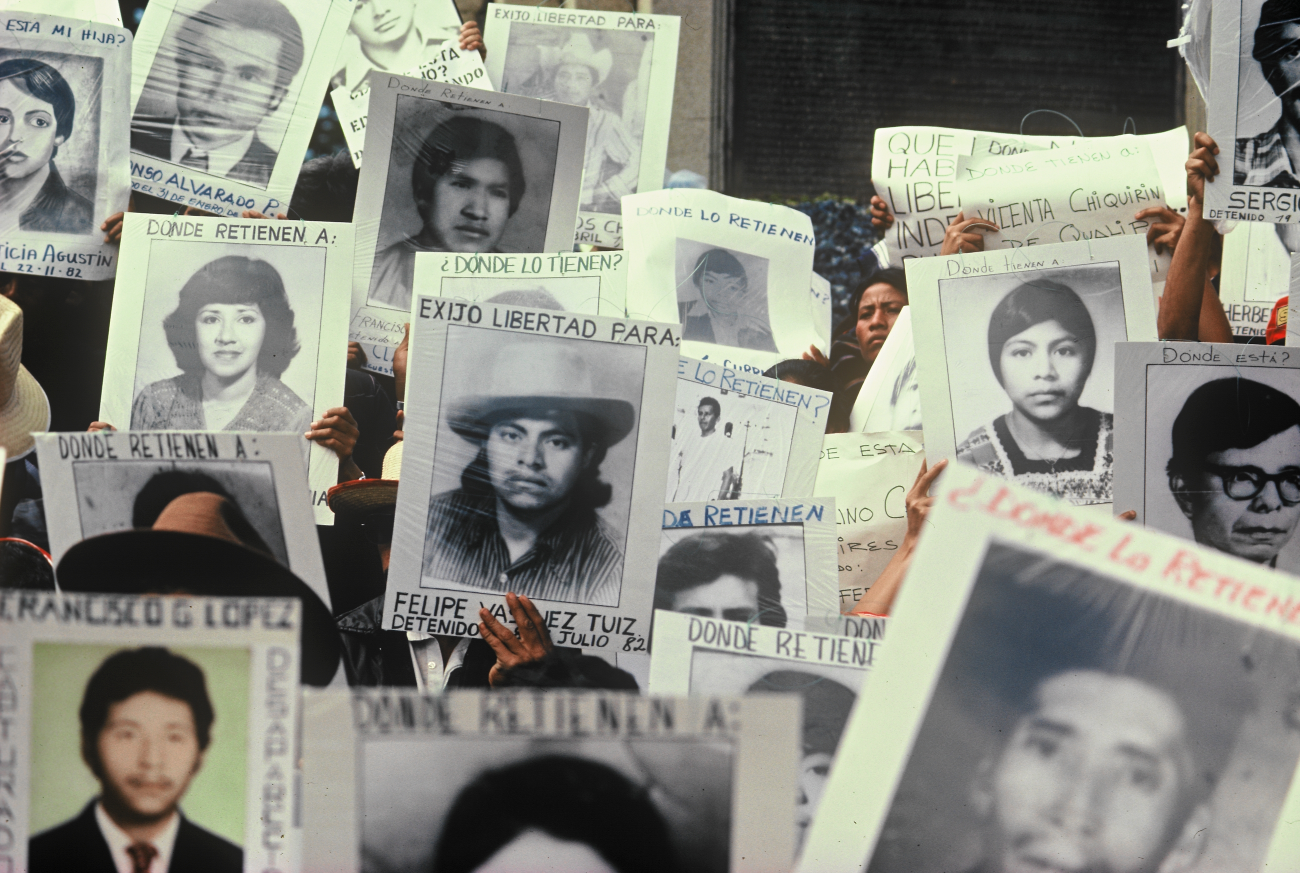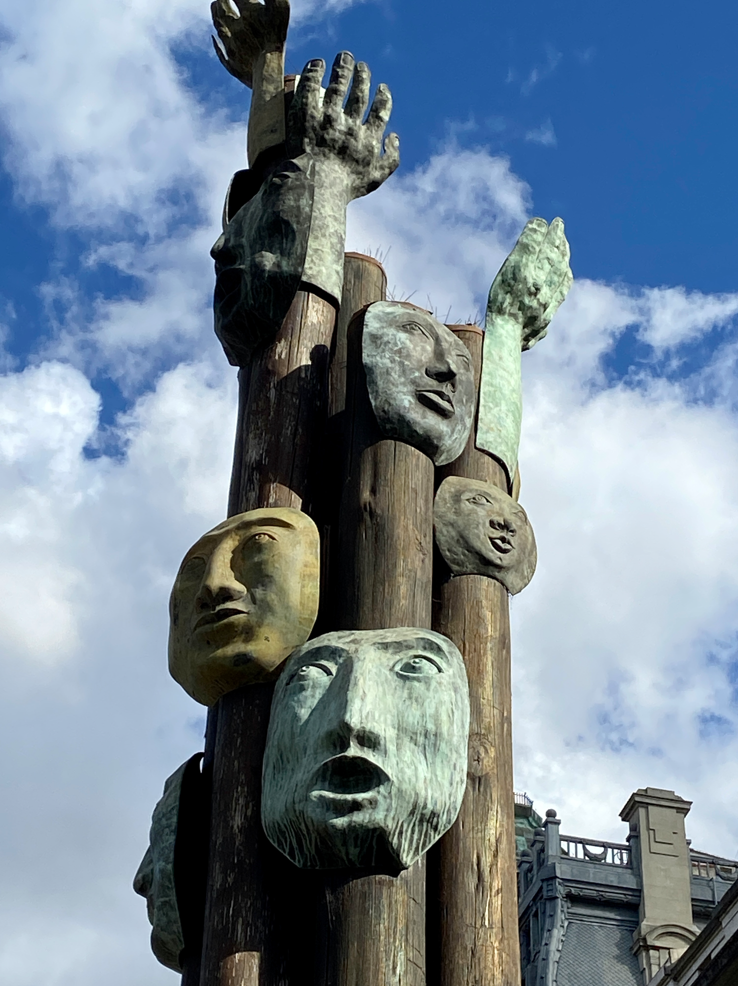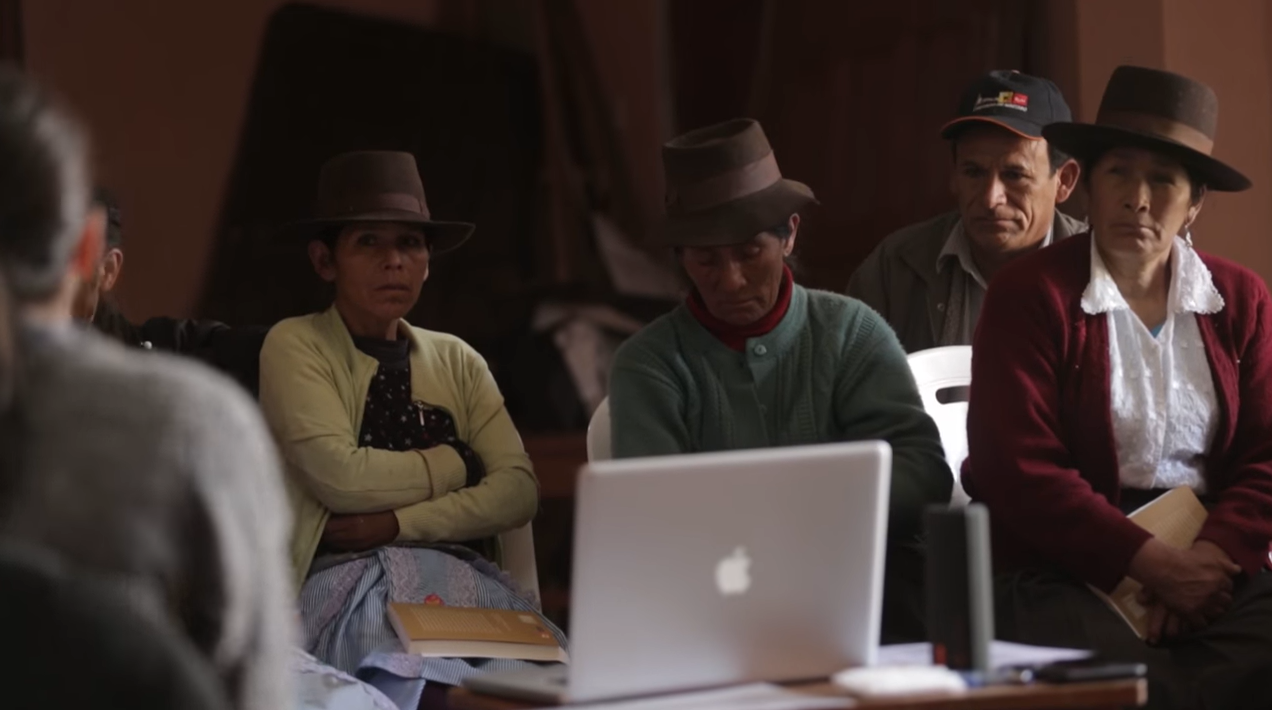Nehanda and Kaguvi Mediums’ Judgment Dockets
Archive
Theme: Political persecution

Address
Borrowdale Road
Country
Zimbabwe
City
Harare
Continent
Africa
Theme: Political persecution
Purpose of Memory
To commemorate two iconic leaders of the first resistance against colonial rule in Zimbabwe.
Institutional Designation
Nehanda and Kaguvi Mediums’ Judgment Dockets
Date of creation / identification / declaration
1986
Public Access
Free
UNESCO Connection
2015: Included in UNESCO Memory of the World Register.
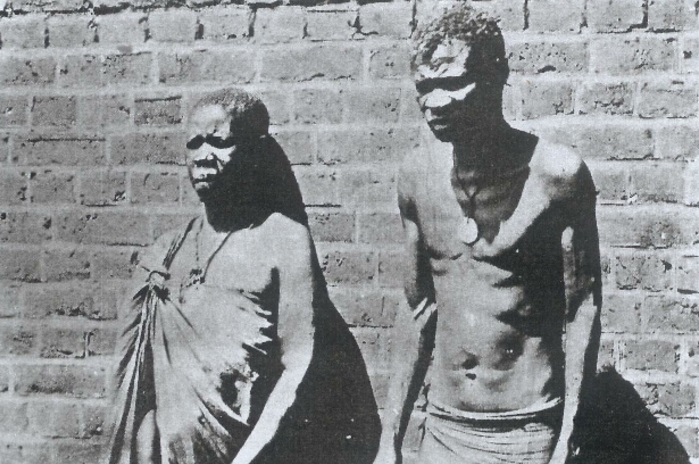
Location description
Nehanda and Kaguvi were two spiritual leaders that inspired the Zimbabwean revolution against the British colonial rule. Under their guidance and leadership, local ethnic groups were united to fight in the first Chimurenga (War of Liberation) during 1896-1897.
Kaguvi and Nehanda’s judgment dockets—currently under the custody of the National Archives of Zimbabwe—comprise the records of the case entered as The (British) Queen against Nehanda (leading to their conviction and execution), judge Watermeyer’s criminal record book, information related to the court proceedings, some manuscripts and images of the arrest. In Zimbabwe, these records are regarded as a direct testimony of resistance to colonial oppression.
In 1890, British colonists, under the flag of British South Africa Company (BSAC), invaded Mashonaland (currently Zimbabwe) and confiscated the land and livestock of the native people living there to find gold. The British government had granted them exclusive mining rights and the BSAC imposed forced labor and strong taxes on native families.
This scenario prompted an upheaval known as Chimurenga (“War of Liberation”)—a military campaign that commenced in March 1896 to expel the British. A defining aspect of this first uprising was its strong link to the religion and tutelary spirits of the local communities.
Nehanda Charwe Nyakasikana belonged to the Shona people, one of the local ethnic groups. Regarded as a spiritual leader, she was a medium of an ancestral spirit known as mhondoro. The mhondoro were among the most powerful spirits in the local tradition.
Together with the mediums of the other two mhondoro, Mukwati in Matabeleland and Kaguvi in western Mashonaland, Nehanda organized and led her people’s resistance until she was captured.
The first Chimurenga spanned until late 1897, when the peoples of Shona and Ndebele were defeated, after running out of supplies. Nehanda was captured and accused of the murder of H.H. Pollard, a European Commissioner famous for his cruelty. Her trial commenced in March 1898 and the following month she was found guilty and sentenced to death. Her execution was authorized by the British High Commissioner for South Africa, Alfred Milner, and supported by the Imperial Secretary. Unlike Kaguvi—who was prosecuted at the same time and also sentenced to death for the murder of a police officer—Nehanda refused to convert to Christianity. Before being executed, she announced to the British that her body would rise again to lead the second, and this time successful, fight against them.
Nehanda’s words, “My bones shall rise again,” are believed to have predicted the second Chimurenga from 1964 to 1979, which culminated in the independence of present-day Zimbabwe.
Until the present day, Nehanda and Kaguvi, both leaders of the Mashonaland upheaval against the British colonial rule, are part of the Pan-African liberation memory. Their stories inspired subsequent movements which defied colonial rule across the southern region of the continent, and are recognized in oral tradition through songs, poems and accounts, which were then compiled in books. Such was the case of “A plea to Nehanda” published in the Feso novel in 1957, which, after being censored, became an iconic song of the fight for independence.
After 1980, in the recently emancipated Zimbabwe, several memorial devices continued to underscore the key role of the mediums as spiritual leaders of the resistance. Their veneration is reflected in monuments, buildings and streets named after them.
At present, sculptures of Nehanda and Kaguvi are showcased at the building that is home to the National Archives of Zimbabwe, where the files of The (British) Queen against Nehanda case are maintained. These files were part of the British South African Company’s documents. After the dissolution of the Federation of Rhodesia and Nyasaland in 1963, the files were delivered to the colony unilaterally proclaimed independent. In 1979, after the victory of the Zimbabwe African National Union (ZANU) party, the British government proclaimed the colony independent under the name of Republic of Zimbabwe. Since 1986, these files have been under the custody of the National Archives of Zimbabwe. In 2015, they were included in the Memory of the World Register (UNESCO).
These documents are relevant both as a tangible source of memory, as well as a record of the African resistance against colonialism. Several events captured there reveal the unfairness of the colonial system and the inequalities that lied at the core of it. In turn, these files show the existing connection between tradition and politics, and the uniting role of African spiritual beliefs—the traditional religion managed to cross ethnical and tribal borders and brought the community together for a common cause, i.e., emancipation.
For Zimbabwe, the story of Nehanda and Kaguvi is particularly relevant to its national identity. Today, Nehanda is referred to as “grandmother” and several institutions were named after her, such as the main maternity hospital in Harare. She is also known as one of the most important women in the political history of Zimbabwe.
The government of Zimbabwe has designated August as the month to commemorate Nehanda, Kaguvi and other people who died during the country’s liberation wars. Every year, several celebrations are held at the National Heroes Acre sanctuary, together with a ceremony led by the president, on the national holiday that falls on the second Monday of August.
